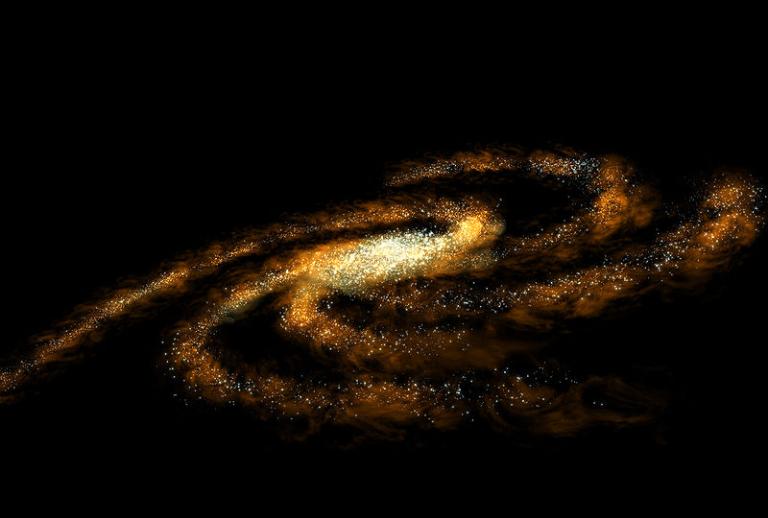
Some additional passages from Geraint F. Lewis and Luke A. Barnes, A Fortunate Universe: Life in a Finely Tuned Cosmos (Cambridge: Cambridge University Press, 2016):
“‘Almost everything is already discovered’, a young Max Planck was told in 1874. Planck, who would become one of the greatest scientists of the twentieth century, had travelled to Munich to embark on a career in physics, only to be told by Professor Philipp von Jolly to study something else, as ‘theoretical physics was approaching a degree of completion which geometry had possessed for hundreds of year.'”
(p. 183) [Quoted from Friedel Weinert, The Scientist as Philosopher: Philosophical Consequences of Great Scientific Discoveries (New York: Springer, 2004), 193.]
“Science is facing a seemingly simple question whose answer would completely change what we think about the physical world. And that question is ‘Why is the Universe just right for the formation of complex, intelligent beings? . . . Why, in the almost infinite sea of possibilities, was our Universe born with the conditions that allow life to arise?'” (pp. 1, 2)
“Also, even our best and deepest physical theories have loose ends. There are numbers in the equations that the theory cannot predict. We just have to measure them. They are called the constants of nature. Why do they have the value that we measure? If that question has an answer, it must go beyond our current theories.” (p. 8)
“Luke: Maybe it’s like the lottery — a winning ticket isn’t too unlikely because lots of people buy different tickets.
“That last idea, applied to the fine-tuning of the Universe for life, is rather ambitious. It supposes that a universe that is right for life exists because there are untold multitudes of universes with different properties. In the cosmic lottery, we got lucky.
“Geraint: Sounds like science fiction.
“Luke: Some think so. Others, seeing the lack of plausible ideas for explaining the values of the constants of nature, take the idea seriously.
“Geraint: And us?
“Luke: We’re writing a book about it.” (p. 9)
“Every cell in your body, for example, has molecular machines for moving itself, tagging and transporting molecules, processing food, defending against invaders, DNA duplication and repair, producing proteins and receiving and processing outside signals. On top of all that, this entire machine can tear itself in half and produce a complete working copy in about 20 minutes. A modern computer is pretty great, but it can’t do that.” (pp. 11-12)












